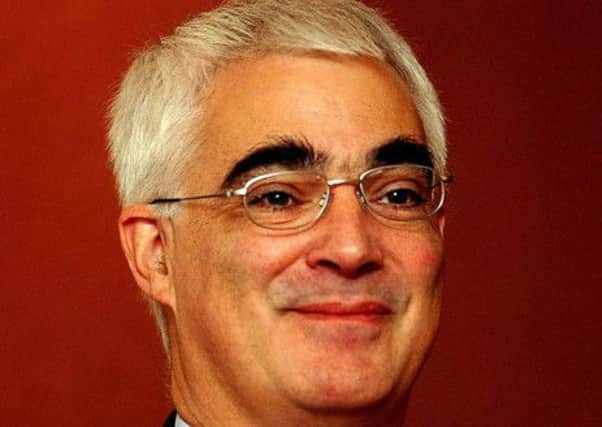Scottish independence: Yes support holding up


Support for independence has only fallen slightly to 37 per cent, with support for the union at 49 per cent, according to a Panelbase survey of 1,000 people. But the remaining 14 per cent are undecided and could provide the 7 per cent swing needed to secure a Yes vote.
But more than half of Scots expect to pay more tax after independence, it finds, while fewer than half think keeping the pound in a UK currency union is likely in the event of a Yes vote.
Advertisement
Hide AdAdvertisement
Hide AdOn taxation, 51 per cent said they expected to pay more in personal tax to fund public services under independence, while just over 32 per cent said they expected to pay less and 17 per cent did not know.
On currency, 41 per cent of people believe keeping sterling in a formal currency union will be the outcome under independence, 15 per cent believe Scotland will continue using the pound with no formal currency union and 8 per cent believe a separate Scottish currency will be set up.
Pro-Union campaign leader Alistair Darling said the findings will heap pressure on Alex Salmond on the currency issue.
He said: “It is increasingly obvious that Scotland cannot leave the UK and keep the security of the UK pound.”
Yes Scotland chief executive Blair Jenkins insisted momentum is “firmly behind” the Yes campaign. He said: “With a little over seven months to go, a swing of only just over seven points to Yes puts us ahead.”
A separate survey carried out for the BBC found the economy came out top of voters priorities with pensions second and welfare third.
Then, next in line, came Scotland’s relationship with the rest of the UK, currency, immigration, energy and defence.